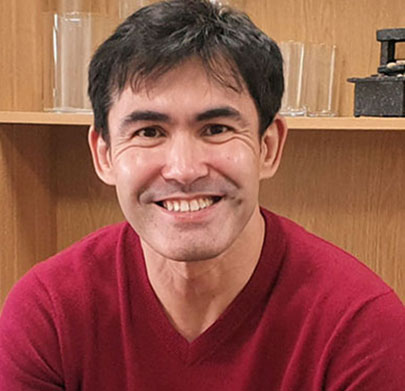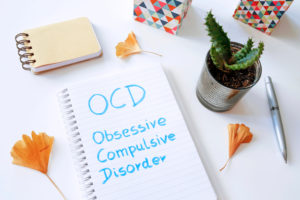
Self-confidence improves physical and mental health, strengthens relationships and has far-reaching benefits on how well we perform in day-to-day life.
If you are looking to build your self-confidence, our counselling services in Newcastle, as well as our online counselling services, can help you build self-esteem and confidence so that you feel able to perform at your best everyday.
Generally speaking, the best ways of building self-confidence come from combining outside support (such as through working with a trained and experienced confidence counsellor), more positive self-talk, and increasing self-compassion.
Here are some ways that you can help build your confidence:
Develop A Compassionate Inner Voice
Our inner voice can best be thought of as the way we talk to ourselves. Due to busy lifestyles, many of us go through our days without realising the way we talk to ourselves.
If you have problems with low self-esteem or low self-confidence, you might have an inner critic chipping away at your self-confidence most of the day, every day.
This might be more true if we have experienced critical parents, or been in difficult relationships where there was a lot of criticism, or especially if we have experienced abuse.
Rather than automatically accepting any beliefs your mind has about yourself, it’s important to challenge negative thoughts about yourself. When you challenge your inner critic, the power negative thoughts have decreases.
Techniques from Compassion Focused Therapy (CFT) and Cognitive-Behavioural Therapy (CBT) such as thought challenging, soothing self-talk, and behavioural experiments can be helpful to challenge some of these thoughts.
This can be difficult at first, and confidence counselling in Newcastle can help you learn skills that reinforce positive self-talk more easily.
Become More Optimistic
British people have a reputation for being pessimistic.
Many jokes are often made about how much we love to complain and there is a stereotype of being reserved.
While this stereotype might be a light-hearted poke at what is deemed as British culture, the habit of pessimism can have a negative impact on your self-confidence and the way you view the world.
As you can discuss with your Confidence Counsellor in Newcastle, optimism is associated with reduced self-criticism, being kinder to yourself, and developing a sense of being able to cope with whatever happens.
This in turn can help you deal with feelings of anxiety, depression, anger, stress and even physical pain.
Many people in the UK often report feeling anxious and stressed, but by assuming a positive sense of control, you can curtail these feelings.
Self-Confidence and Counselling
Getting help from one of our Confidence Counsellors in Newcastle can help you learn to challenge some of the negative thoughts and work through any past experiences or traumas that might be affecting you.
Though we often want ways to improve confidence or self-esteem without having to fix what’s causing it, it is important to look at what might be damaging our confidence and keeping us stuck so we can let go of past painful experiences and move forward.
Self-esteem or confidence counselling in Newcastle (or via online therapy) with our any of our counsellors, psychologists or psychotherapists is an effective way of helping you overcome difficulties from the past that might still be affecting you.
It can also help you increase you view of yourself and realise your value in day-to-day life, at home, at work, and around others.
Contact us about Confidence Counselling in Newcastle
If you would like to put your best foot forward with more confidence in yourself, or build self-esteem, our counselling services in Newcastle can provide you with tools to help you be more confident and realise your true value.
Fill in the box below or call us on 07966 645 198 to speak to a member of the team today about self-esteem and confidence counselling in Newcastle, or online.

Best wishes,
Dr Stuart Sadler
Lead Clinical Psychologist




